If you’ve been looking into ways to keep your heart healthy or boost your energy naturally, chances are you’ve heard about CoQ10. Short for Coenzyme Q10, this nutrient plays an important role inside your cells, helping them produce energy and protecting them from damage. As we get older, our natural CoQ10 levels drop, which is why taking supplements can be a smart move for some people.
CoQ10 acts like a spark plug for your body’s energy factories, the mitochondria. Without enough CoQ10, those little powerhouses don’t work as efficiently, which can leave you feeling tired or sluggish. Many folks also take CoQ10 to support heart health, especially if they’re on certain medications like statins that can lower CoQ10 levels. It’s not just about energy; CoQ10 also helps protect cells from oxidative stress, which means it fights off harmful molecules that can lead to aging and health problems.
Not all CoQ10 supplements are created equal. You'll often see two main types: ubiquinone and ubiquinol. Ubiquinol is the active form your body can absorb more easily, so it might work better if you want faster effects or have trouble absorbing nutrients. Most supplements come in capsules or softgels, and many suggest taking them with meals that have fat, since CoQ10 dissolves better in fat.
People use CoQ10 for several reasons, from improving heart function to reducing muscle soreness after workouts. Some also try it to boost brain health or support overall energy. If you’re thinking about starting CoQ10, chatting with your healthcare provider is key, especially if you’re on medication or have health conditions. They can help figure out the right dose and check if CoQ10 fits into your health plan.
Most people tolerate CoQ10 well, but some might notice mild side effects such as upset stomach, headache, or dizziness. These usually go away after you get used to the supplement. Since CoQ10 can interact with blood thinners and other drugs, keep your doctor in the loop. Also, remember that supplements aren’t instant fixes — they often take several weeks to show benefits.
In summary, CoQ10 is a handy nutrient that supports energy and heart health. Whether you’re trying to stay active, manage a health condition, or just want a little daily boost, it’s worth learning about. Keep in mind that quality matters — look for reputable brands and forms that suit your needs. Taking a little time to understand CoQ10 can pay off in feeling healthier and more energized every day.

If you're trying to expand your family, natural supplements like myo-inositol, CoQ10, and DHEA might give you that extra edge. This article digs deep into how these supplements may help, dosage tips, and the science behind their popularity. You'll find relatable, concrete insights for both women and men. Plus, learn how these options stack up against popular fertility drugs and discover practical tips that you can use right now.
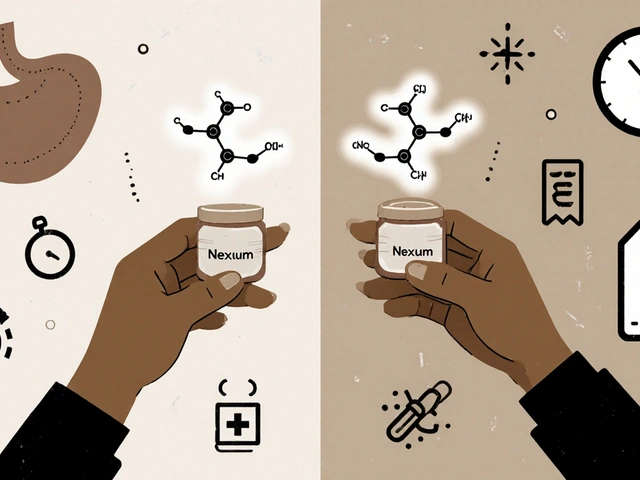
Compare Nexium (esomeprazole) with generic alternatives like omeprazole, lansoprazole, and pantoprazole. Learn which PPI works best for acid reflux, how to switch safely, and when lifestyle changes can replace medication.
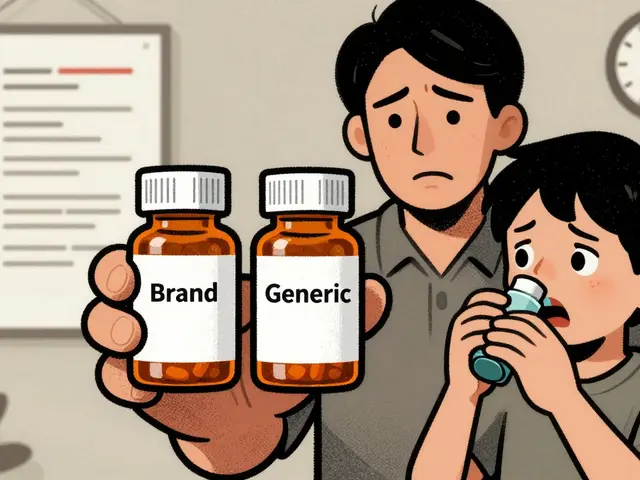
Switching children to generic medications can save money-but it can also risk their health. Learn why pediatric patients are uniquely vulnerable to changes in drug formulations, how insurance policies drive unsafe switches, and what parents and doctors must do to protect kids on chronic meds.
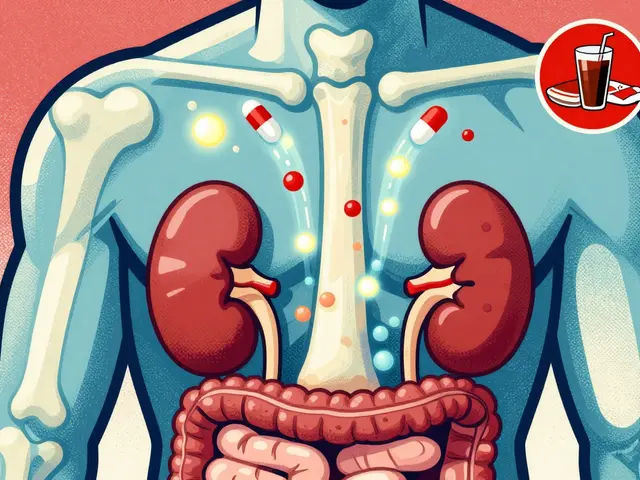
Learn how to manage hypoparathyroidism with calcium and vitamin D, including dosing, diet, monitoring, and when to consider newer PTH therapies. Avoid kidney damage and stabilize your symptoms with proven strategies.
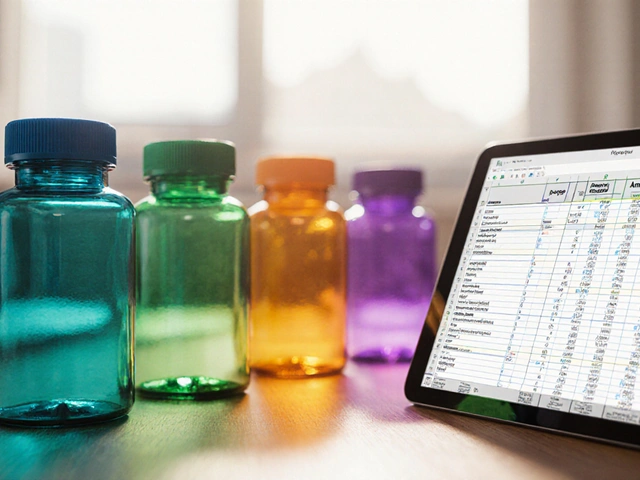
A practical guide comparing Duricef (cefadroxil) with common oral antibiotics, covering effectiveness, dosing, side‑effects, costs, and when to choose each option.
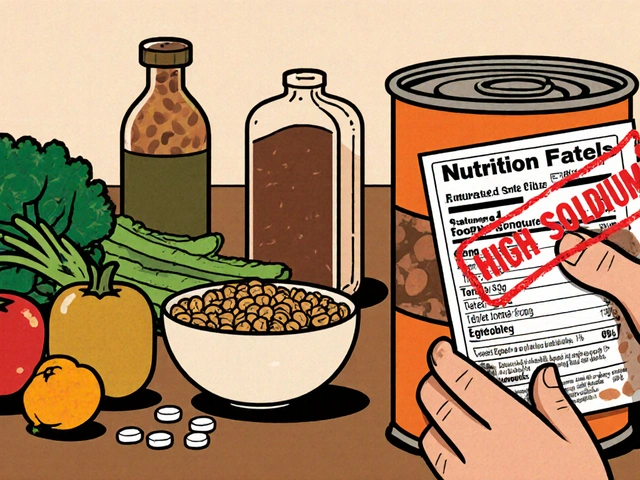
Learn how to manage salt intake while taking ramipril to lower blood pressure, reduce side effects, and protect your heart and kidneys. Practical diet tips, hidden sodium sources, and what to avoid.